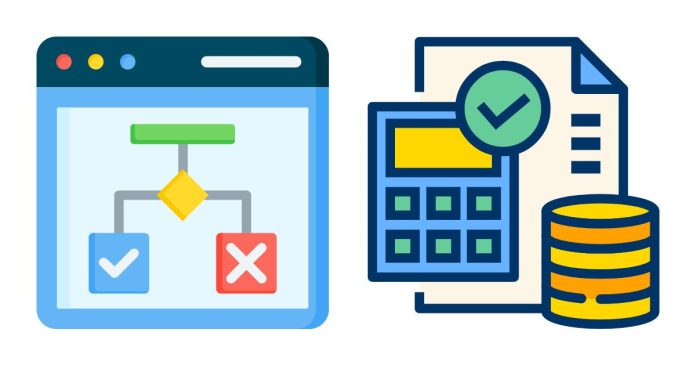In C programming, the switch statement is a control statement that allows you to execute one of many code blocks based on the value of a variable or an expression. It provides a more readable and efficient way to handle multiple conditions compared to using multiple if-else statements.
Syntax of the Switch Statement:
switch (expression) {
case constant1:
// code to be executed if expression is equal to constant1
break;
case constant2:
// code to be executed if expression is equal to constant2
break;
// More cases as needed
default:
// code to be executed if expression does not match any constant
}
- expression: The variable or expression whose value is being compared.
- case constant1, constant2, …: These are the values that the expression will be compared against. If the value of the expression matches a case constant, the corresponding block of code is executed.
- break: This statement terminates the
switchblock. Without it, the program continues executing the following cases (this is known as “fall-through”). - default: An optional part of the
switchblock that is executed if none of thecaselabels match the value of the expression.
Example:
#include <stdio.h>
int main() {
int day = 3;
switch (day) {
case 1:
printf("Monday\n");
break;
case 2:
printf("Tuesday\n");
break;
case 3:
printf("Wednesday\n");
break;
case 4:
printf("Thursday\n");
break;
case 5:
printf("Friday\n");
break;
case 6:
printf("Saturday\n");
break;
case 7:
printf("Sunday\n");
break;
default:
printf("Invalid day\n");
}
return 0;
}
Explanation of the Example:
- The variable
dayis set to 3. - The
switchstatement checks the value ofday. Sincedayis 3, the code insidecase 3will execute, printing “Wednesday”. - The
breakstatement ensures that the program exits theswitchblock after executing the matching case. - If the value of
daydid not match anycase, thedefaultcase would execute and print “Invalid day”.
Advantages of Using Switch:
- Simplifies Code: When you have many conditions based on the same variable or expression,
switchmakes the code easier to read and maintain. - Efficient: For certain compilers,
switchmay be more efficient than multipleif-elsestatements, especially when the conditions involve many possible values.
Important Points:
- Switch is used with integers, characters, or enumerated types: Most commonly, the switch expression is of type
intorchar. Some C compilers may also supportenumtypes. - Fall-through behavior: If a
breakstatement is missing, execution will “fall through” to the nextcasestatement, which might be useful in certain situations but can lead to bugs if unintended. - Default case is optional: The
defaultcase is not required but is helpful for handling unexpected values.


